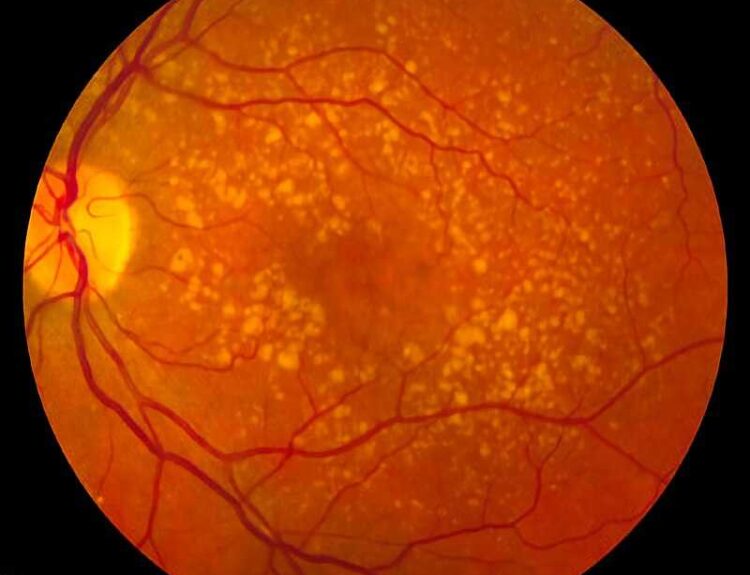Closer to Replacing Chemotherapy as Cancer Treatment
- AstraZeneca’s experimental drug for non-small cell lung cancer shows improvement in progression-free survival
- The drug, developed with Daiichi Sankyo, targets cancer cells using antibody-drug conjugate method
- Results didn’t reach statistical significance but showed clinically meaningful improvement
AstraZeneca has announced that its experimental drug for non-small cell lung cancer, developed with Japan’s Daiichi Sankyo, demonstrated improvement in progression-free survival in a recent trial. The antibody-drug conjugate method was used to target cancer cells and showed clinically meaningful improvement compared to chemotherapy. Although the results didn’t reach statistical significance, it brings AstraZeneca closer to its goal of replacing chemotherapy as a cancer treatment.
Factuality Level: 8
Factuality Justification: The article provides accurate information about the trial results and quotes from a relevant source, but it could be more concise and avoid using sensational language.
Noise Level: 2
Noise Justification: The article provides relevant information about the trial results of a new cancer treatment drug and quotes an executive from AstraZeneca. However, it lacks in-depth analysis or exploration of the implications of these results on the broader healthcare industry or society.
Public Companies: AstraZeneca (AZN), Daiichi Sankyo ()
Key People: Susan Galbraith (Executive Vice President of Oncology R&D at AstraZeneca)
Financial Relevance: Yes
Financial Markets Impacted: Pharmaceutical industry
Financial Rating Justification: The article discusses the development of a new cancer treatment drug by AstraZeneca and Daiichi Sankyo, which has potential to impact the pharmaceutical industry and its financial markets.
Presence Of Extreme Event: No
Nature Of Extreme Event: Other
Impact Rating Of The Extreme Event: No
Extreme Rating Justification: There is no extreme event mentioned in the article.
 www.marketwatch.com
www.marketwatch.com 





